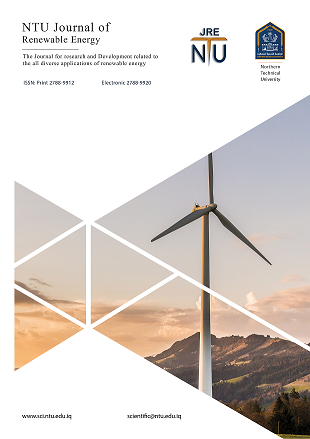Genetic Algorithm of tuning PID for Controlling Speed of DC Motor
DOI:
https://doi.org/10.56286/7ta6z241Keywords:
DC Motor, , Optimum Speed Control, Genetic Algorithm, PID Controller, Ziegler NicholsAbstract
The three terms, Proportional Integral Differential (PID), controller is the utmost commonly utilized and beneficial basis for numerous industrialized and manufacturing usages, in spite of the swift improvement of intellectual and independent control schemes. Because of its easiness of thoughtful, swift response, and high consistency. Though, the core encounter in planning these controls is discovering the finest method to adjust the PID parameters (KP, KI, and KD) to attain extraordinary dynamic reaction and lasting stability whereas diminishing the special effects of nonlinearity and interfering between factors. This research work ambitions to found an intellectual context for fine-tuning PID factors by means of a genetic algorithm, an intelligent optimization prototypical established on exactly how ordinary choice works. The objective was to brand it economical and tranquil usage for real-time industrialized uses. A combined cost function utilized to improve the dynamic enactment of the regulator. This function comprises four key factors: steady-state error (SSE), settling time, rise time, and overshoot ratio. The outcomes of this research study indicated that the system's performance enriched capability to deliver a firm and smooth reaction under a diversity of operational circumstances. The motor retained its locus speed of 150 revolution per minute in entire cases. This work emphasizes the marvelous prospective of incorporating intelligent algorithms with classical control structures and offers real routes for evolving self-tuning regulator schemes in dynamic manufacturing situations.
Downloads
Published
Issue
Section
License
Copyright (c) 2025 NTU Journal of Renewable Energy

This work is licensed under a Creative Commons Attribution 4.0 International License.








